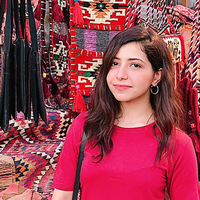Oxfam’s Sustainable Shopping Guide
Explore Oxfam’s guide to sustainable, eco-friendly shopping.
What is sustainable shopping?
What is the difference between sustainable and ethical shopping?
Top tips for how to shop sustainably
1. Shop for sustainable homeware and decor
Oxfam
Make a house a home
Visit Oxfam's online shop to find hand-picked homeware as unique as you are.
2. Shop for sustainable clothing
Oxfam's online shop
Create your individual style with unique pieces that will stand the test of time.
3. Shop for sustainable books and toys
Rachel Manns, Oxfam
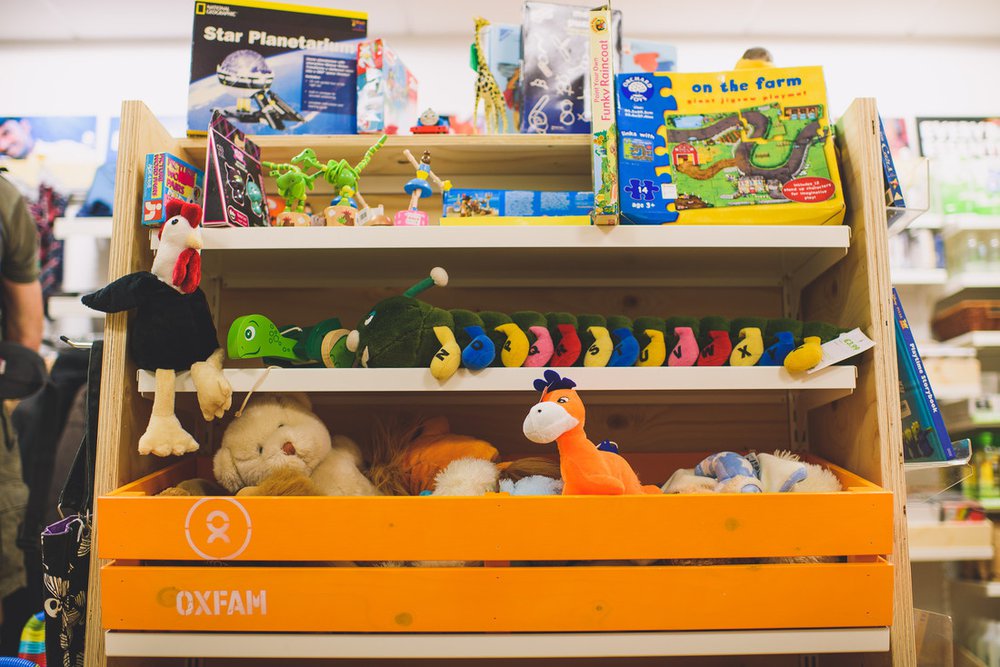
4. Shop for sustainable home products
Fisher/Charlotte Darvill
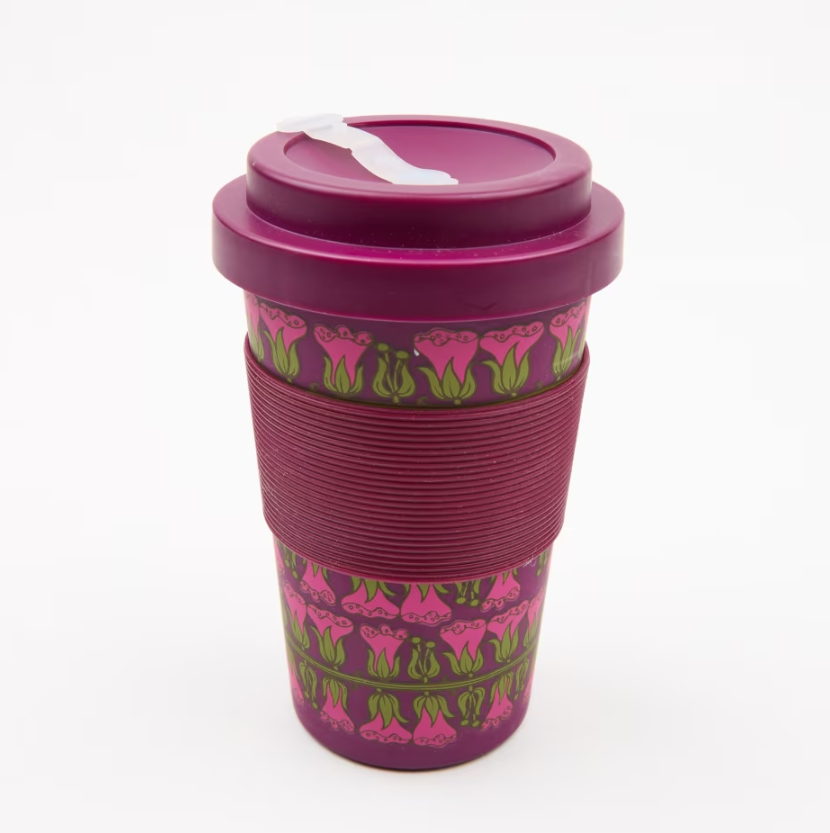
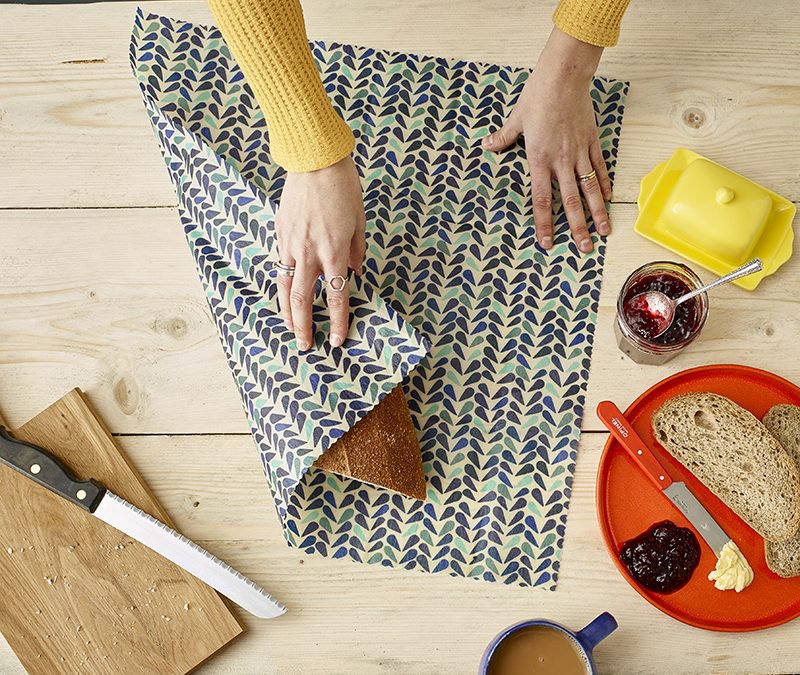
Don’t need it? Donate!
How does Oxfam contribute to sustainable shopping?
More posts like this
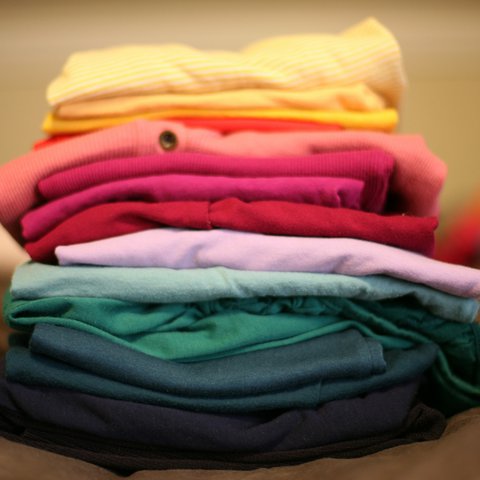
– Prolong the life of your clothes and help the planet while doing so

– Oxfam is the biggest chain of second hand bookshops in Europe. And our online shop may just be the best place to buy second hand books online.
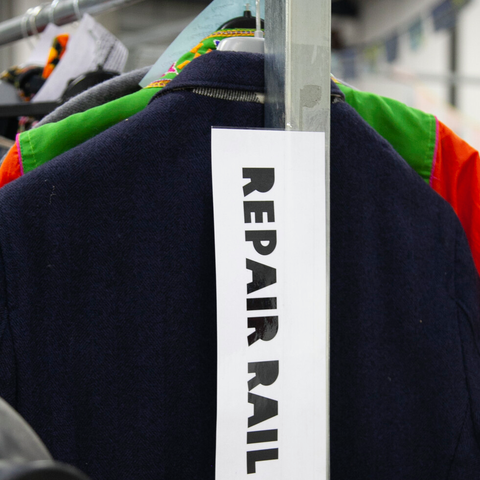
– Find out more about the human and environmental impacts of clothing production.
